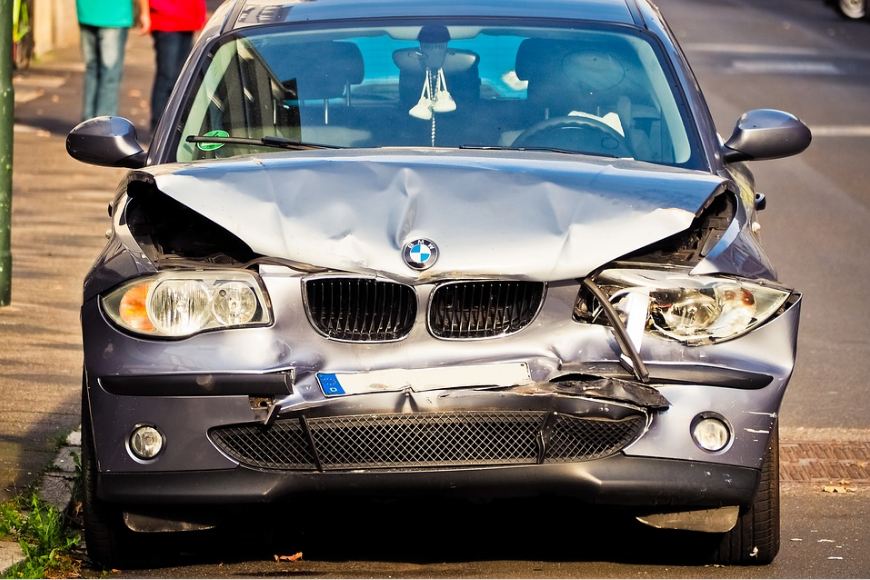You probably spend a great deal of time thinking about health and life insurance but what about auto insurance? How are you going to pay for the repairs when your teenage daughter accidentally scratches the side of the vehicle when trying to reverse? It doesn’t matter if you’re driving an old or a new car, it’s imperative that you’re adequately insured as you can never know when disaster will strike. Before we can talk about how much insurance is enough, it’s important to familiarize yourself with the basic terms.
Deductible
You’ve probably heard of the term “deductible” used a lot when you’re purchasing insurance. It can be described as what you’ll need to pay for damages before the coverage can be activated. A good example is when you’ve been involved in a fender bender that results in $2000 in repairs and the deductible is $500. You’ll have to pay $500 towards the repairs and the insurance will take care of the $1500. For auto insurance, the deductibles are usually applicable per claim. This means that you’ll still have to pay for the deductible if you’re involved in another accident a couple of months down the line.
Insurance Premium
The premium is the amount that you’ll be required to contribute towards the coverage. Depending on the arrangements you have with the company, you can pay monthly, quarterly, and even yearly for the premiums. The amount you pay for the premium will depend on factors such as age, deductible, driving history, and make of the car. Be sure to consider options like commercial electric vehicle insurance as well.
Coverage Limits
This is the maximum amount that the insurance company can pay for the claim of the coverage. It’s usually recommended that you’re working with an agent so that they can advise on the best and maximum amount of coverage depending on the insurance company. You can use this useful source to learn more about coverage limits.
At-Fault and No-Fault
There are 12 states at present with no-fault laws. With this law, the auto insurance cover should be able to pay for your medical bills or that of the family to a certain limit regardless of whose fault it was. For 38 states, the at-fault laws will apply. This means that someone will have to be held responsible for the accident. The at-fault insurance company will have to pay for the damages.
Type of Coverage
Basic coverage
You’ll first need to figure out how much insurance will be adequate enough to protect you and the car. The three most important types of auto insurance anyone can have will include collision, liability, and comprehensive coverage. These are the three main components of auto insurance that should be mandatory.
Liability Coverage
As much as liability coverage won’t provide any protection for you or the car, it can save you from costly expenses. It will cover third-party costs such as medical expenses and auto repair costs which you’ll have been responsible for if you didn’t have liability coverage. The question of how much liability should you have is different altogether.
Comprehensive Insurance
Comprehensive insurance provides coverage for just about everything. Whether it’s a hailstorm or you accidentally run into a tree, there is the peace of mind that you’ll be sorted. You’re probably wondering if liability insurance can provide coverage for such. It will do so to an extent and only when the driver is at fault. Comprehensive coverage will pay for all damages provided they’re not from a collision.
Collision Coverage
It doesn’t matter who is at fault, collision coverage will do the repairs and replacements if you get involved in an accident. If you have an old car and you’re planning to sell or retire it, collision coverage might not be necessary.
Extended Coverage
Even with the different types of coverages, you might want an extra layer of protection. In order to determine what is really needed, have a conversation with your agent describing your requirements. In most instances, you’ll be better off having an emergency fund instead of paying for the extended coverage which you’re not likely to use.
When Should You File a Claim?
What do you do when your car is in need of $150 worth of repairs because of a minor fender bender? You don’t want to file claims frequently as they could potentially result in the premiums going up. That’s why there is an emergency fund in the first place. You should only file for a claim when it makes sense to do so.

